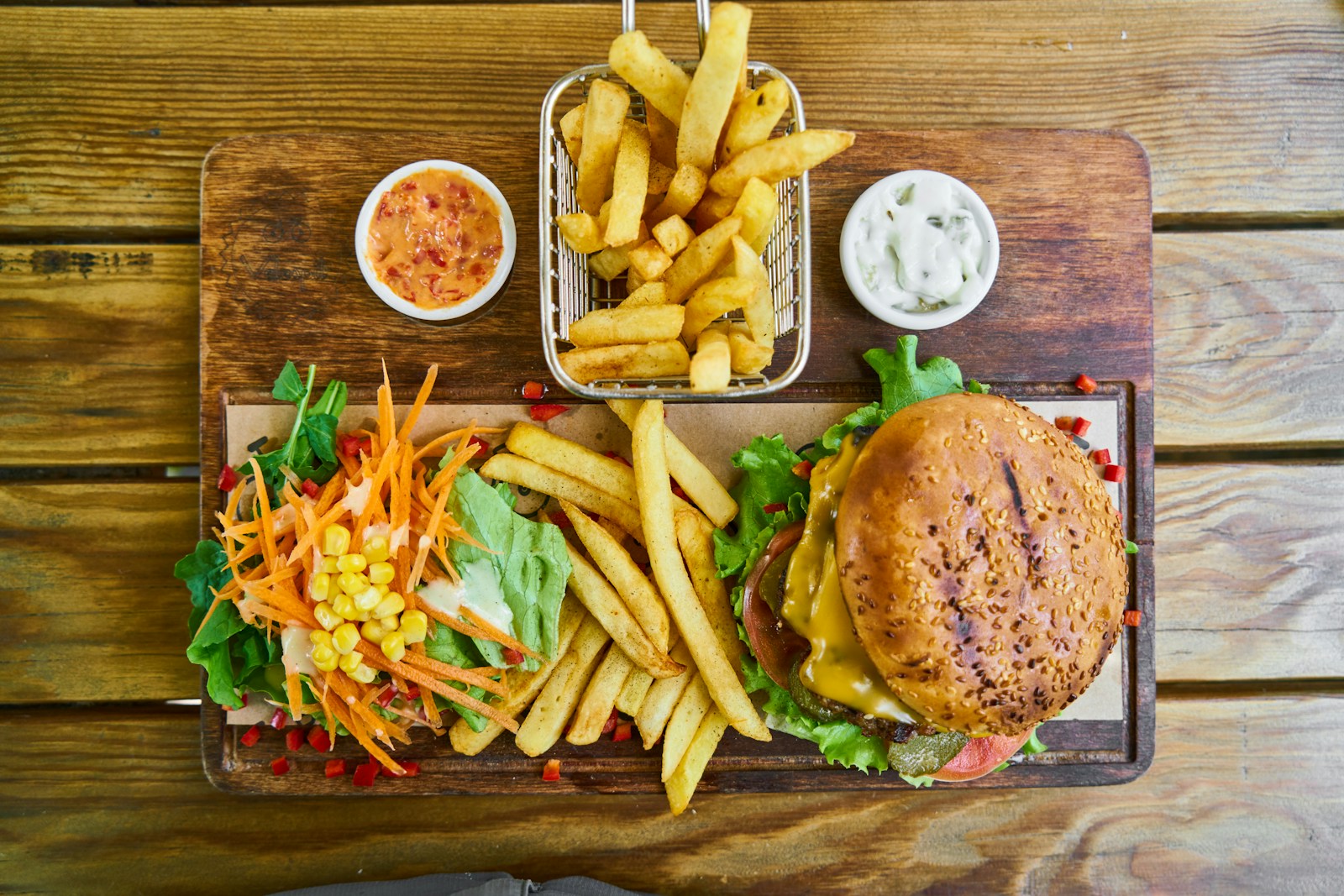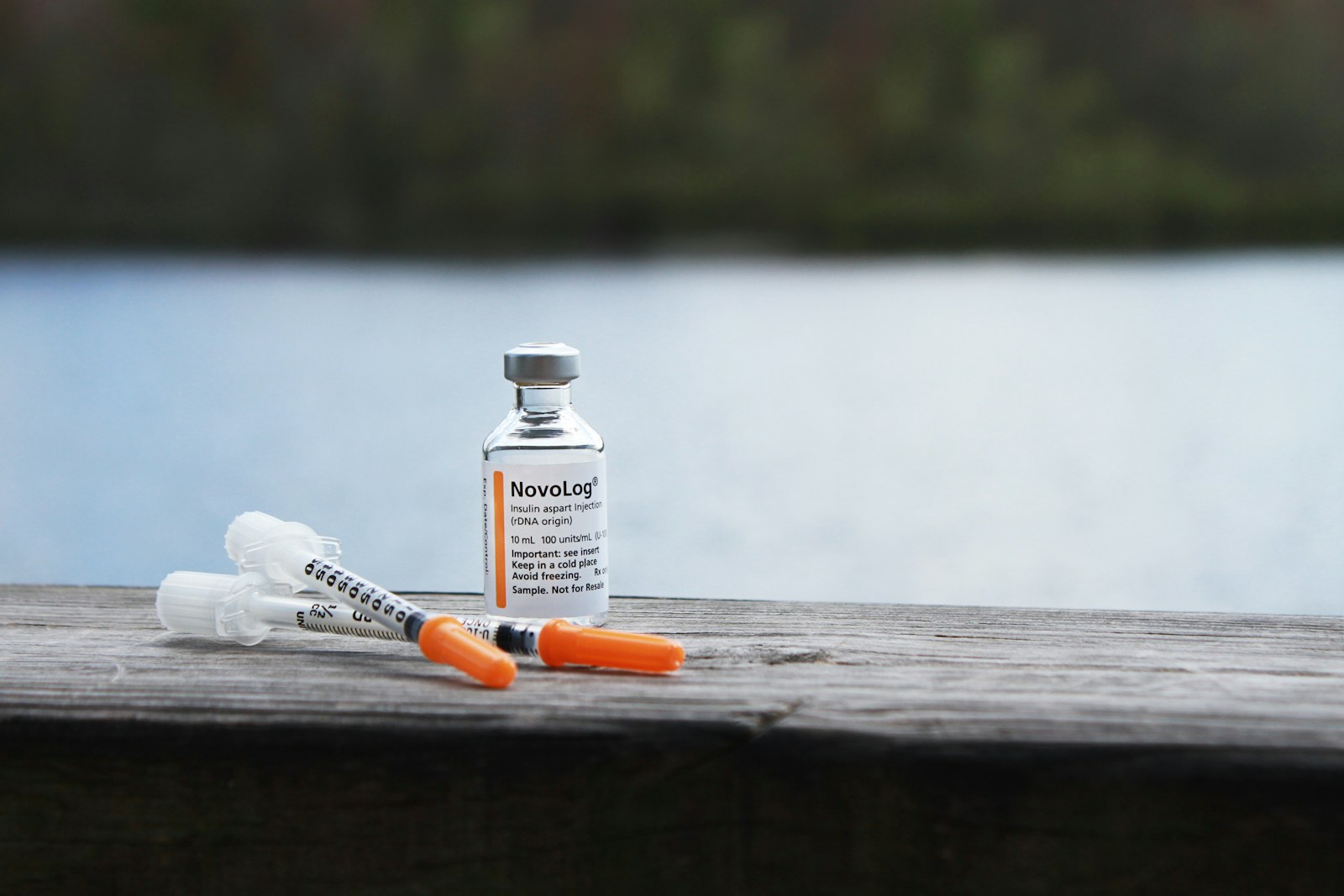
Leaky gut, a term not unfamiliar in medical circles, has a profound impact on your body’s ability to ingest nutrients and sieve out toxins. The condition is triggered by an impaired intestinal barrier, causing inflammation and a range of health concerns. With a significant role played by diet in maintaining gut health, it’s crucial to understand the foods that can alleviate or exacerbate leaky gut symptoms. Let’s delve into the 10 most beneficial and harmful foods for leaky gut, as recommended by dietitians.
The Science Behind Leaky Gut
Leaky gut syndrome, a subject of scientific study for decades, revolves around how your intestines process food molecules. A barrier composed of epithelial tissue, mucous, and a vast population of bacteria—your microbiome—lines your gut. This barrier is selective, allowing only nutrients and water to pass through while blocking toxins.
However, the barrier can sometimes malfunction, leading to a condition where toxins, undigested food particles, and harmful bacteria leak into the bloodstream. This leakage triggers inflammation and may lead to health issues such as digestive problems, autoimmune disorders, joint pains, depression, and chronic fatigue.
Though not yet a part of mainstream medical education, leaky gut syndrome is gaining recognition due to its widespread prevalence and potential link to poor diet, obesity, and various diseases. Common symptoms include digestive upset like gas, bloating, diarrhea, or IBS symptoms, and possibly even brain fog, food sensitivities, and skin issues like eczema or acne.
Top 5 Foods to Fortify Your Gut
Foods rich in specific nutrients can help enhance your gut barrier. Here are five foods that are beneficial for leaky gut.
1. Bone Broth
Bone broth, a nutrient-dense concoction made by slow-cooking animal bones, is packed with collagen, vitamins, and minerals that protect the gut lining, balance the body’s immune response, and have anti-inflammatory effects.
2. Salmon
Salmon, a fish rich in Vitamin D, Vitamin A, and Omega-3 fatty acids, plays a pivotal role in preserving gut integrity, strengthening the intestinal walls, and combating harmful inflammation.
3. Fermented Foods
Fermented foods like kombucha and kraut are rich in probiotics, healthy gut bacteria essential for restoring and maintaining gut health.
4. Mushrooms, Spinach, and Carrots
These vegetables offer up Vitamin D and Vitamin A, which may help heal damaged intestinal walls and strengthen the immune system.
5. Blueberries, Sweet Cherries, and Walnuts
These fruits and nuts offer powerful polyphenols that may strengthen your intestinal wall to prevent leaky gut.
Top 5 Foods to Avoid for Leaky Gut
Certain foods can worsen leaky gut syndrome. Here are five foods often associated with the condition.
1. Alcohol
Alcohol irritates the digestive tract and can cause major damage by increasing intestinal permeability, contributing to leaky gut.
2. Foods High in Added Sugar
A high added sugar intake is inflammatory for the body and may lead to a leaky gut.
3. Highly Processed Foods
Methods used in industrial food processing can increase intestinal inflammation and leaky gut.
4. Artificial Sweeteners
Artificial sweeteners can cause unpleasant symptoms in some people. They may be associated with an imbalance in healthy and harmful gut bacteria, potentially causing leaky gut.
5. Dairy Foods
Dairy foods can trigger inflammation in some people, especially those with lactose intolerance. However, dairy products can benefit the gut microbiome by increasing helpful bacteria and reducing harmful ones.
A Sample Diet Plan for Leaky Gut
Here’s a sample menu that includes foods recommended by experts to strengthen your gut barrier:
- Breakfast: Cherry-Walnut Overnight Oats
- A.M. Snack: Berry-Mint Kefir Smoothie
- Lunch: Slow-Cooker Chicken & Chickpea Soup
- P.M. Snack: Roasted Beet Hummus with crudités
- Dinner: 15-Minute Salmon & Creamy Orzo with Spinach & Mushrooms



